Disclosure: This article contains affiliate links. We may earn a commission from purchases at no extra cost to you, which helps our travel content.
The journey from the lowest point on Earth to one of its most spiritually elevated cities is more than just a geographical transition—it's a soul-stirring pilgrimage that deserves to be savored. Last fall, I spent a week navigating the stark beauty of the Judean Desert, floating in mineral-rich waters, and wandering through Jerusalem's ancient corridors of faith. As someone who's evaluated countless hospitality investments across the globe, I approach accommodations with both the critical eye of an investor and the heart of a traveler seeking authentic connection. What I discovered was a spectrum of stays that marry luxury with locality, modern comforts with millennia of history. Whether you're planning a romantic retreat or seeking spiritual renewal, this carefully curated accommodation guide will help you create the perfect base for your own salt-to-sacred journey.
Dead Sea Decadence: Luxury Resorts Worth Their Salt
The Dead Sea has long been a playground for wellness seekers and luxury travelers alike. Having analyzed hospitality trends across four continents, I can confidently say that few destinations offer such a perfect marriage of natural wonder and opulent accommodation.
My personal favorite remains the Kempinski Hotel Ishtar Dead Sea, where I spent three unforgettable nights. Cascading down the hillside like a modern interpretation of Babylonian gardens, this property offers unparalleled access to the sea through a private beach. The infinity pools seem to merge with the mineral-rich waters beyond, creating a seamless visual feast that had me reaching for my camera at every changing light. Their Anantara Spa deserves special mention—the mud treatments use Dead Sea minerals harvested just meters away, offering a level of authenticity that even the most discerning wellness traveler will appreciate.
For those seeking a more intimate experience, The Mövenpick Resort & Spa Dead Sea recreates a traditional village atmosphere with stone-clad buildings and winding pathways through lush gardens. What impressed me most was their ZARA spa complex—one of the largest in the Middle East—featuring multiple pools of varying temperatures and mineral compositions. The floating experience in their saltwater pool, followed by a sunset dinner at their Al Ghadeer restaurant, created one of those perfect travel moments that linger in memory long after the journey ends.
Both properties command premium rates (starting around $350-450 per night in high season), but the investment delivers an experience that transcends typical luxury. I recommend bringing a quality waterproof camera to capture those iconic floating photos without worrying about the corrosive effects of the salt water.
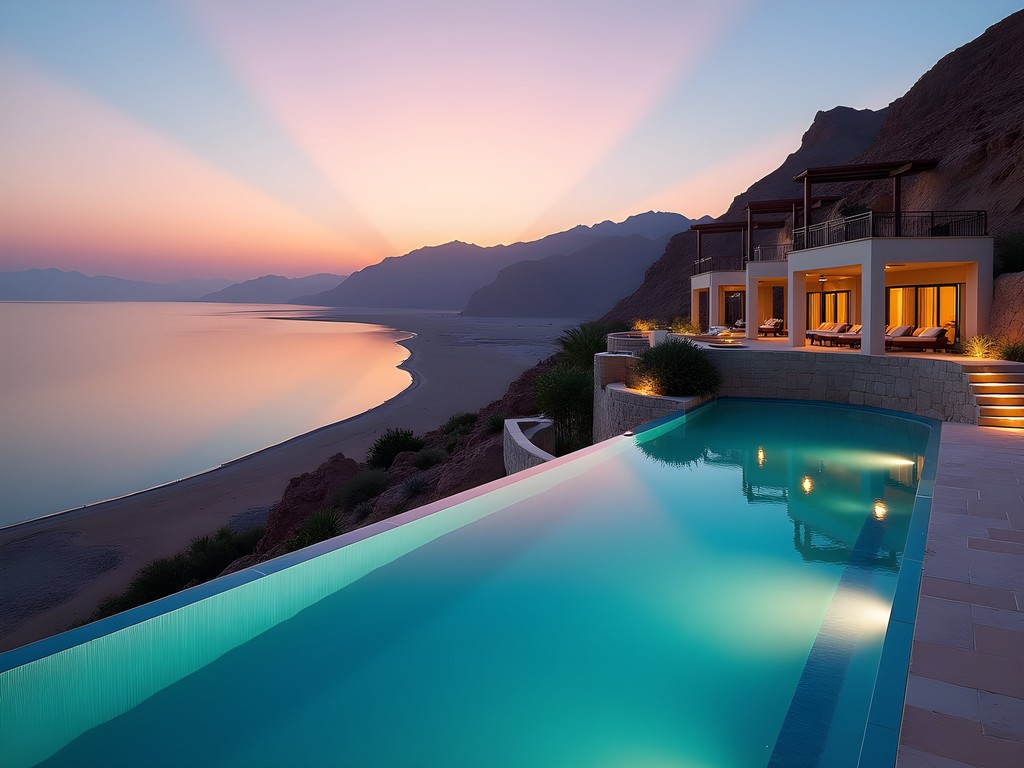
💡 Pro Tips
- Book rooms with Dead Sea views for magical sunrise reflections
- Reserve spa treatments at least a week in advance—the premium time slots fill quickly
- Pack water shoes as the salt crystals along the shoreline can be sharp
Mid-Range Gems: Comfort Without Breaking the Bank
The stretch between the Dead Sea and Jerusalem offers several exceptional mid-range accommodations that provide comfort and character without the luxury price tag. These properties hold special appeal for me as potential investment opportunities—they demonstrate how thoughtful design and local connection can create memorable stays without excessive overhead.
Ein Gedi Kibbutz Hotel remains one of my favorite discoveries in the region. This property offers a fascinating blend of kibbutz authenticity and resort amenities, set within a botanical garden that showcases over 900 plant species from across the globe. The rooms are modestly appointed but immaculately clean, with private terraces overlooking either the Dead Sea or the dramatic Judean Desert. What makes this property truly special is its location—just minutes from Ein Gedi Nature Reserve, where desert hikes lead to refreshing waterfalls and ibex sightings are practically guaranteed.
Closer to Jerusalem, The Scots Hotel in Tiberias exemplifies the adaptive reuse of historical architecture that I'm particularly passionate about. Housed in a 19th-century Scottish hospital, this boutique property retains its original stone walls and vaulted ceilings while incorporating modern comforts. The juxtaposition of ancient basalt stone against contemporary furnishings creates spaces that feel both timeless and fresh. Their lakeside garden is perfect for evening drinks, watching the light change over the Sea of Galilee.
For both properties, I recommend packing a quality travel tripod to capture the stunning low-light conditions at dawn and dusk. The desert creates magical lighting conditions that deserve proper photographic attention, particularly if you're interested in architectural details.
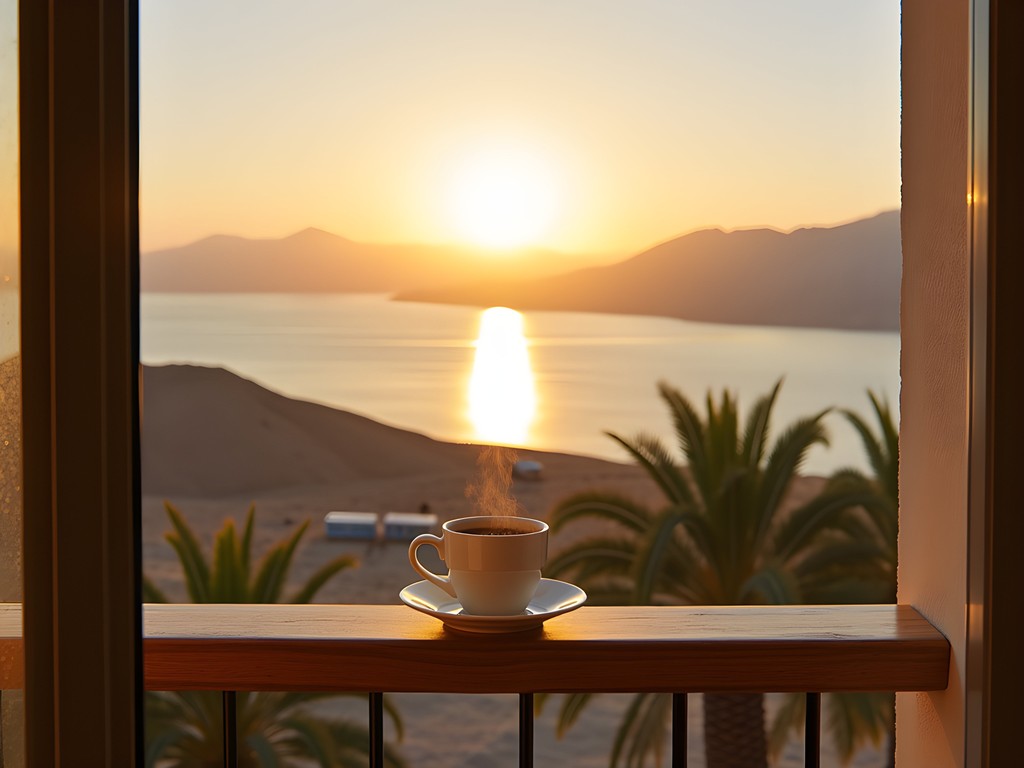
💡 Pro Tips
- At Ein Gedi, request rooms in the upper section for better views and more privacy
- Book half-board options as dining alternatives are limited in these areas
- Allow time for the botanical gardens at Ein Gedi—they're surprisingly extensive
Jerusalem's Hidden Luxury: Boutique Hotels in the Holy City
Jerusalem's accommodation landscape has transformed dramatically in recent years, with a new generation of boutique hotels that honor the city's architectural heritage while delivering sophisticated luxury experiences. These properties have captured my attention both as an investor and as a traveler seeking authentic connection to place.
The Mamilla Hotel sits at the fascinating intersection of Jerusalem's ancient and modern quarters. The exterior respects the city's traditional limestone aesthetic, while the interior showcases contemporary design by Italian architect Piero Lissoni. What captivated me was the rooftop restaurant and lounge, offering panoramic views of the Old City walls and the Tower of David. Watching the sunset transform Jerusalem's ancient stones from white to gold while sipping local wine created one of those perfect travel moments that justify the premium rates (starting around $500/night in high season).
The American Colony Hotel offers a different but equally compelling experience. Housed in an Ottoman-era pasha's residence, this property exudes old-world charm with its stone arches, tile floors, and lush courtyard gardens. My corner suite featured soaring ceilings, handcrafted furniture, and windows that framed the minaret of a nearby mosque. The sense of history is palpable—the guest book includes signatures from Winston Churchill to Bob Dylan—yet the service remains thoroughly modern. Their Arabesque restaurant serves what I consider the most refined Palestinian cuisine in the city.
For photography enthusiasts exploring Jerusalem, I recommend a wide-angle lens to capture the architectural grandeur of these spaces. The interplay of ancient stonework, dramatic lighting, and thoughtful design details deserves proper documentation.
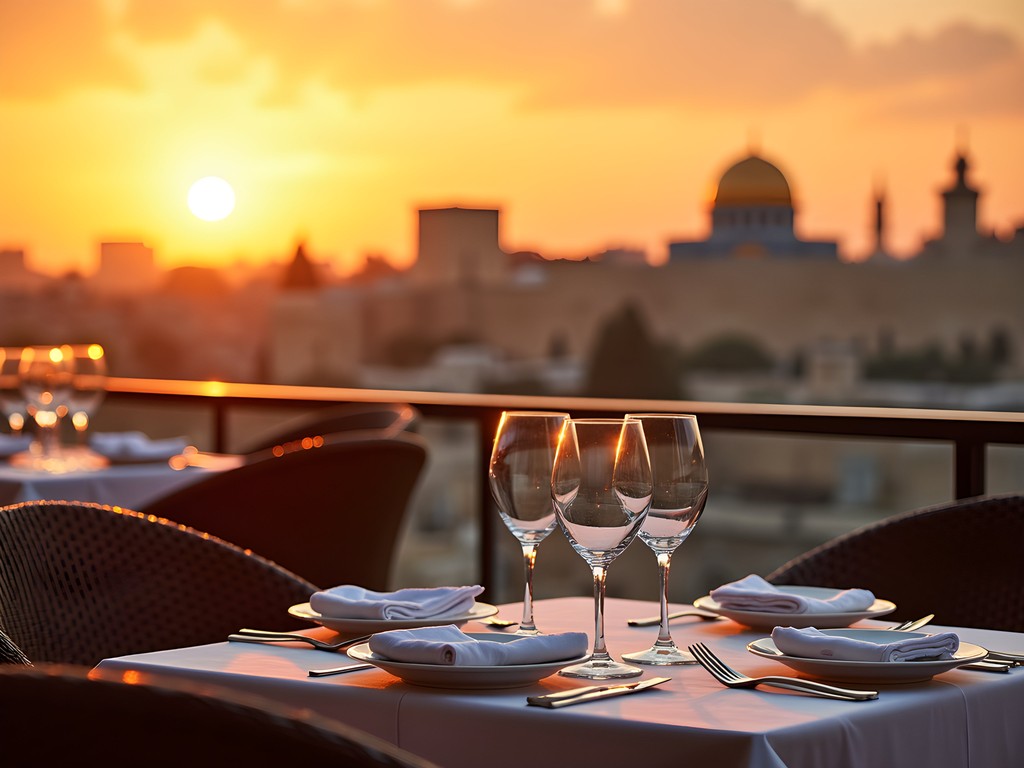
💡 Pro Tips
- Request Mamilla rooms facing the Old City for the most inspiring views
- At American Colony, the garden rooms offer more space and tranquility than the main building
- Book Jerusalem hotels well in advance for major religious holidays when prices surge and availability plummets
Budget-Friendly Authenticity: Guesthouses & Homestays
Some of my most meaningful travel experiences have come from stays that prioritize cultural connection over luxury amenities. The Jerusalem-Dead Sea corridor offers several exceptional budget options that provide authentic experiences without compromising comfort.
The Austrian Hospice in Jerusalem's Old City represents one of travel's great values. This 19th-century pilgrimage house offers simple but immaculate rooms within the ancient walls, just steps from the Via Dolorosa. The rooftop provides breathtaking 360-degree views over Jerusalem's religious quarters, while the basement café serves what many consider the best strudel outside Vienna. Double rooms start around $120/night—an exceptional value given the location. The shared bathrooms in some room categories might deter luxury travelers, but the trade-off is waking up quite literally in the heart of history.
In the Palestinian town of Jericho near the Dead Sea, Hisham's Palace Guesthouse offers a family-run alternative to corporate resorts. The seven rooms are arranged around a central courtyard filled with citrus trees and night-blooming jasmine. What makes this place special is the genuine hospitality—owner Abu Raed treats guests like extended family, offering home-cooked meals and insider tips on lesser-known archaeological sites. My room was simply furnished but spotlessly clean, with hand-embroidered Palestinian textiles adding cultural context.
When staying in these authentic accommodations, I always pack a portable door lock for added security and peace of mind, especially when traveling solo. While I've never encountered safety issues in these properties, this small device provides extra assurance in unfamiliar settings.

💡 Pro Tips
- Book Austrian Hospice at least 3 months in advance—its 23 rooms sell out quickly
- Request courtyard-facing rooms at Hisham's Palace for more peaceful nights
- Respect local customs by dressing modestly when staying in traditional neighborhoods
Desert Retreats: Unique Stays in the Judean Wilderness
The stark landscape between Jerusalem and the Dead Sea harbors some of the region's most extraordinary accommodation experiences—places where the ancient desert becomes both setting and star. These properties have particularly captured my interest as an investor focused on sustainable tourism that creates meaningful connections to place.
Kfar Hanokdim, a Bedouin-style desert lodge near Arad, offers an experience that feels both authentic and comfortable. Guests can choose between goat-hair tents and stone lodges, all arranged around central fire pits where evening gatherings naturally form. What makes this property special is its programming—from stargazing sessions with astronomers to dawn camel treks through wadis that rarely see tourists. The communal dining experience, featuring traditional Bedouin dishes cooked in underground sand ovens, created natural connections with fellow travelers that evolved into friendships.
For those seeking deeper desert solitude, The Desert Days Inn near Ein Gedi offers standalone eco-cabins with floor-to-ceiling windows framing the rugged landscape. Solar-powered and constructed from local materials, these cabins demonstrate how sustainability and comfort can coexist even in extreme environments. The property's infinity pool—filled with natural spring water—seems to float above the desert floor, creating a surreal oasis effect that's particularly magical at sunset.
Desert stays require thoughtful packing. I never visit without my insulated water bottle to keep water cool despite the intense heat. The temperature swings in the desert can be extreme, and staying properly hydrated is essential for enjoying these unique experiences.
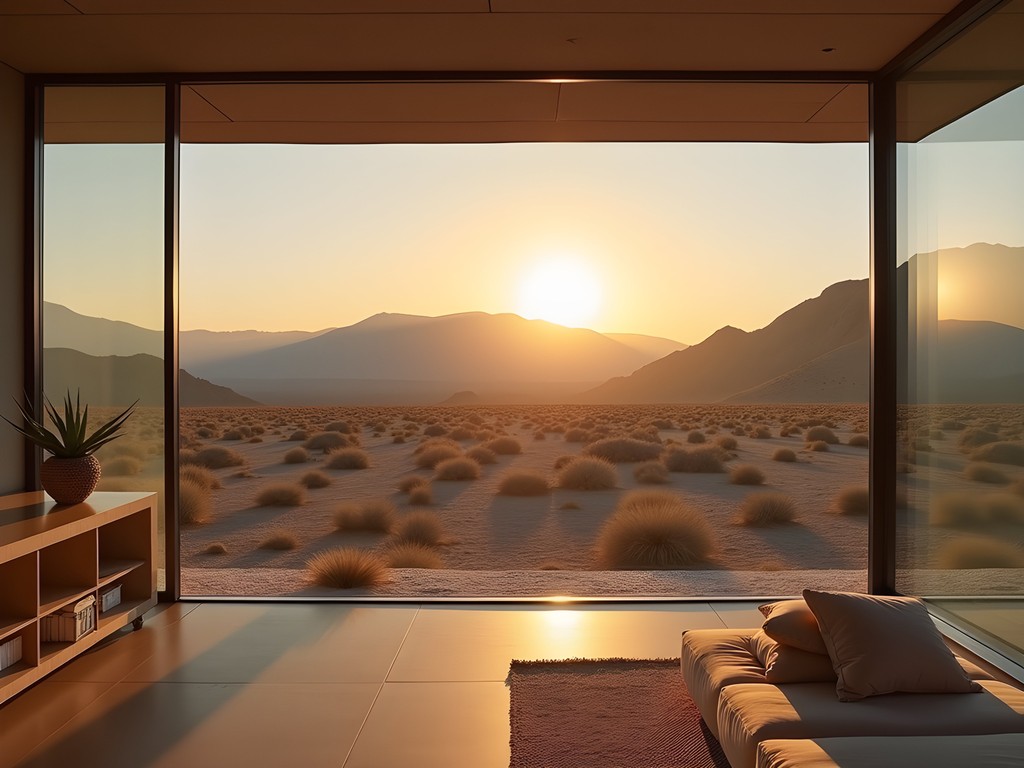
💡 Pro Tips
- Desert temperatures drop dramatically at night—pack layers even in summer months
- Book full moon stays at Kfar Hanokdim for magical nighttime desert visibility without flashlights
- Request cabins on the eastern edge of Desert Days for the most dramatic sunrise views
Final Thoughts
The journey from the mineral-rich shores of the Dead Sea to the spiritual heights of Jerusalem offers accommodations as diverse as the landscape itself. Whether you choose the pampered luxury of a Dead Sea resort, the cultural immersion of an Old City guesthouse, or the stark beauty of a desert retreat, each option provides a unique lens through which to experience this profound corner of the world. As someone who evaluates hospitality investments professionally, I'm particularly impressed by properties that create authentic connections to place while honoring the fragile ecosystems and rich cultural heritage of this region. The best stays here aren't just places to rest—they're integral parts of the transformative journey from salt to sacred. I'd love to hear about your own experiences navigating this remarkable landscape. Which accommodations have created lasting memories for you along this ancient pilgrimage route?
✨ Key Takeaways
- Book Dead Sea resorts with direct beach access for the full floating experience
- Jerusalem's boutique hotels require advance booking, especially during religious holidays
- Desert accommodations offer the most dramatic sunrise and sunset experiences
- Budget options within Jerusalem's Old City walls provide unparalleled location advantages
📋 Practical Information
Best Time to Visit
Fall (September-November) and Spring (March-May)
Budget Estimate
$200-500 per night depending on property category
Recommended Duration
7 days minimum
Difficulty Level
Moderate


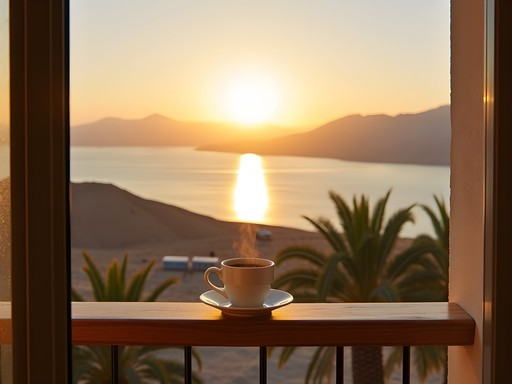
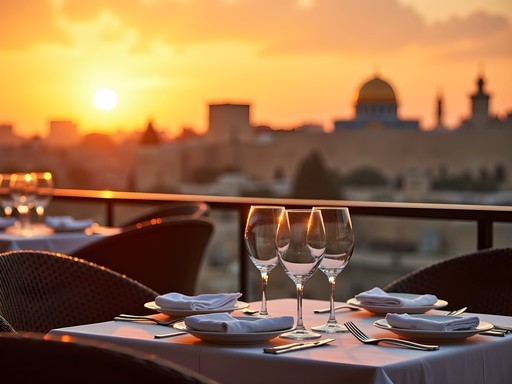

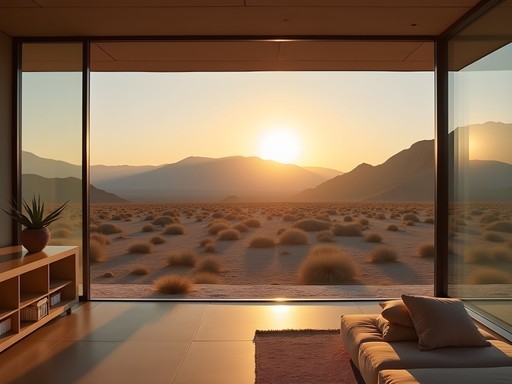


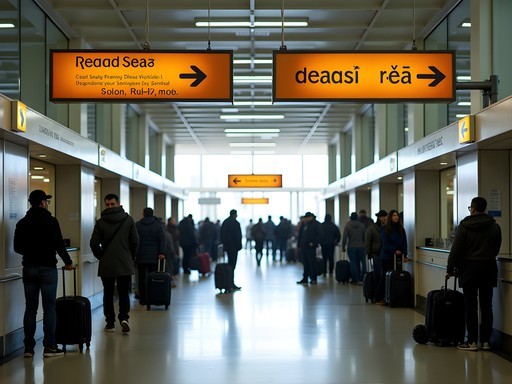
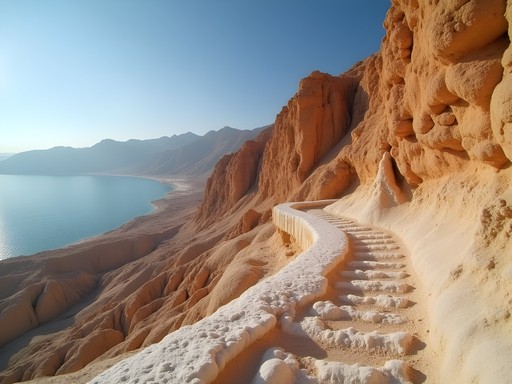
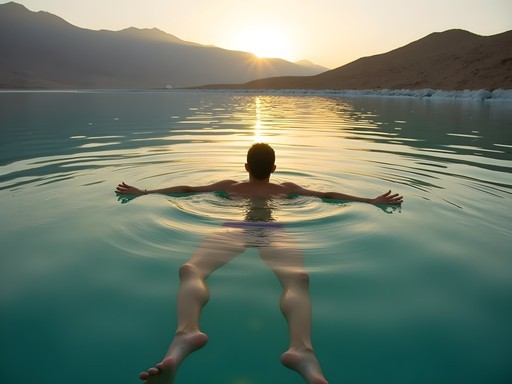
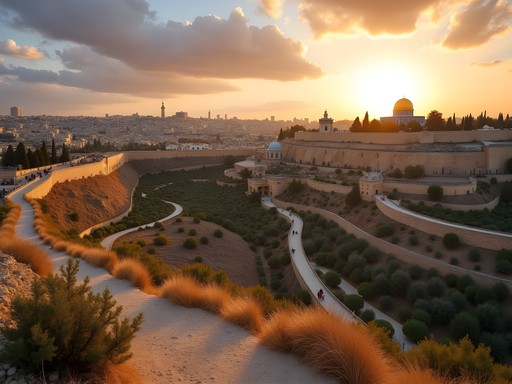
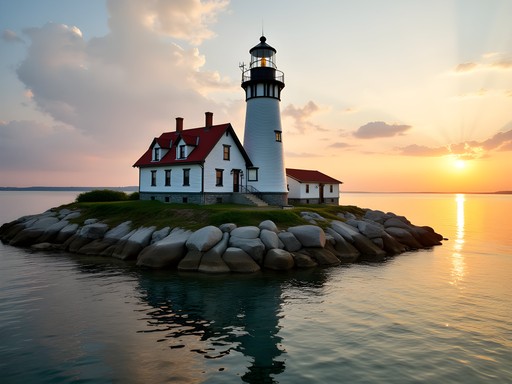
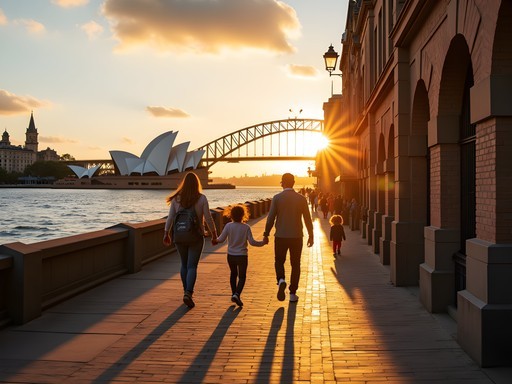
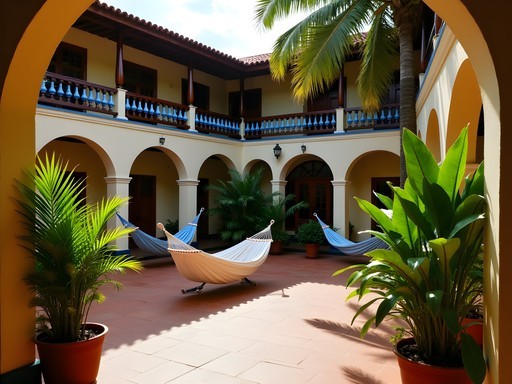
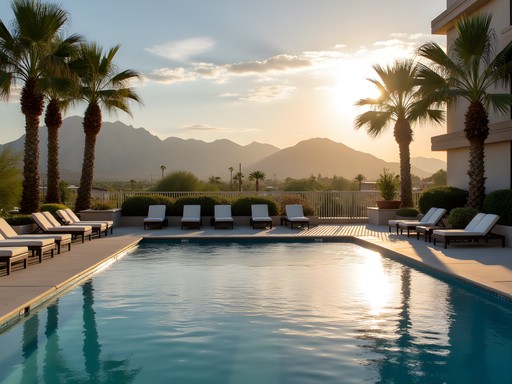
Comments
Frank Garcia
Solid breakdown Claire. I'd add that for budget travelers, the Arab bus from Jerusalem to the Dead Sea (via Bethlehem) is significantly cheaper than the Israeli buses - about 25 shekels vs 45. Takes a bit longer but the savings add up. Also, some of those Jerusalem guesthouses in the Old City can be noisy - worth asking for rooms away from the street. The authenticity is brilliant though, stayed in the Muslim Quarter last year and the family running it gave me better food recommendations than any guidebook could.
tripace
That's really helpful, thanks! Did you feel safe in the Old City?
Frank Garcia
Absolutely. It's very safe, just use common sense like anywhere. The locals are genuinely welcoming.
wanderblogger
We stayed at one of the mid-range places you mentioned near Ein Bokek and it was amazing value. The private beach access was clutch because the public beaches get SO crowded. Also pro tip - book Dead Sea accommodations midweek if you can, prices drop significantly compared to weekends. The drive up to Jerusalem is stunning too, just make sure you have a full tank of gas because there aren't many stations on that route!
Frank Garcia
Good shout on the midweek booking. Did you hire a car or use the bus? I'm weighing up the costs for my trip in spring.
wanderblogger
We did the public transportation and it was great! Buses run pretty regularly and it's way cheaper than renting.
tripace
This is super helpful! Quick question - how long did you spend at the Dead Sea vs Jerusalem? Trying to figure out my itinerary.
Claire Hawkins
I did 2 nights Dead Sea and 4 in Jerusalem, but honestly wish I'd added one more night at the Dead Sea. It's so relaxing you don't want to rush!
tripace
Perfect, thanks!
Savannah Torres
Just got back from this exact trip with my husband and two kids (ages 8 and 10)! We split our stay between the Dead Sea and Jerusalem, and it was the perfect combination. For families, I highly recommend the Isrotel Dead Sea Resort - they have an amazing kids' club and separate shallow pools that were perfect for our little ones to safely enjoy. The minerals in the Dead Sea can sting if they get in your eyes (my daughter learned this the hard way!), so the pools were a great alternative. In Jerusalem, we stayed at the Dan Panorama which was pricey but worth it for the location. The breakfast buffet there was a highlight - my kids still talk about the incredible spread of foods! Claire, your section on mid-range options would have been so helpful before we booked - next time we'll try one of those!
mountainvibes6376
Is it safe to travel between Jerusalem and the Dead Sea area? I've heard mixed things about security in the region.
Claire Hawkins
Great question! The main tourist routes between Jerusalem and the Dead Sea are generally quite safe and well-traveled. Just stick to the established routes (Highway 1 and 90), travel during daylight hours if possible, and check local news for any updates before your trip. Like anywhere, stay aware of your surroundings, but thousands of tourists make this journey safely every month.
starbackpacker
If you're traveling on a budget but still want that Dead Sea experience, the public beaches are totally fine! We used Ein Bokek public beach and brought our own mud (bought a small container from a shop in Jerusalem). Saved us tons compared to the resort day passes. Just bring water shoes as the salt crystals can be sharp! I used my travel daypack to carry everything and it was perfect since it has a separate compartment for wet swimwear.
explorevibes
Thanks for the water shoes tip! Wouldn't have thought of that.
Haley Hamilton
I stayed at one of those budget guesthouses in Jerusalem you mentioned (Abraham Hostel) last year and it was phenomenal for connecting with other travelers! The communal Shabbat dinners on Friday nights were such an authentic cultural experience. For the Dead Sea portion, I actually found a small family-run place in Ein Gedi that wasn't in your list - Kibbutz Ein Gedi Guest House. The botanical gardens there are incredible and it's much quieter than the main resort area. Great comprehensive guide though, Claire!
mountainvibes6376
I second Abraham Hostel! Their rooftop bar is amazing for meeting people.
coffeewalker
Those Dead Sea resort photos are absolutely stunning! Definitely adding this to my bucket list!
explorevibes
Great post Claire! I'm planning a trip in January - is it easy to get between the Dead Sea resorts and Jerusalem without renting a car?
Claire Hawkins
Thanks explorevibes! Yes, there are regular buses that run between Jerusalem and the Dead Sea area. Bus 486 goes from Jerusalem Central Bus Station to Ein Bokek (the main hotel area). Takes about 1.5 hours and is quite comfortable!
explorevibes
Perfect, thanks so much! That saves me a lot of research time.
MidlifeTravelers
We did this journey last October and found the shoulder season perfect - fewer crowds and better rates. We stayed at the Isrotel Dead Sea (mid-range but felt luxurious) and then at the Austrian Hospice in Jerusalem's Old City. The contrast was fascinating! One tip: if you're doing this route by rental car, fill up before leaving the Dead Sea area as gas stations are sparse on that desert road to Jerusalem.
Claire Hawkins
Great tip about the gas stations! The road through the Judean Desert is beautiful but definitely remote in stretches.
Venture X
Premium card with 2X miles, $300 travel credit, Priority Pass